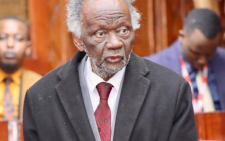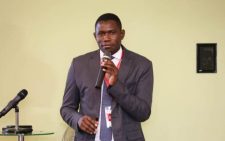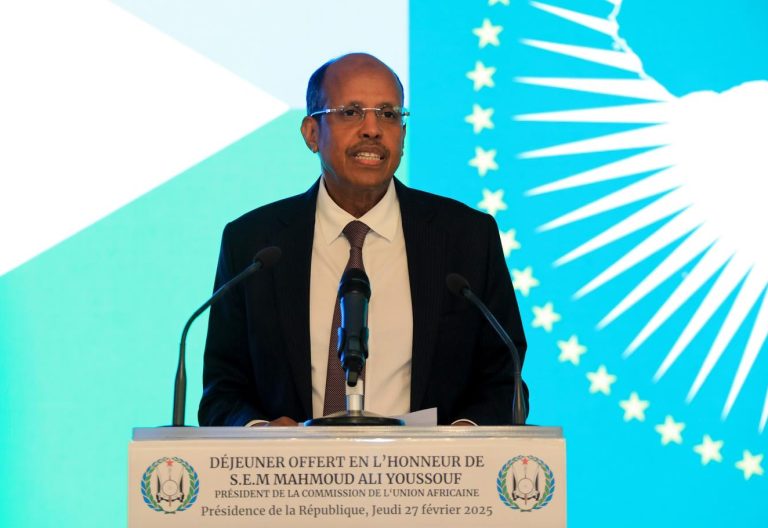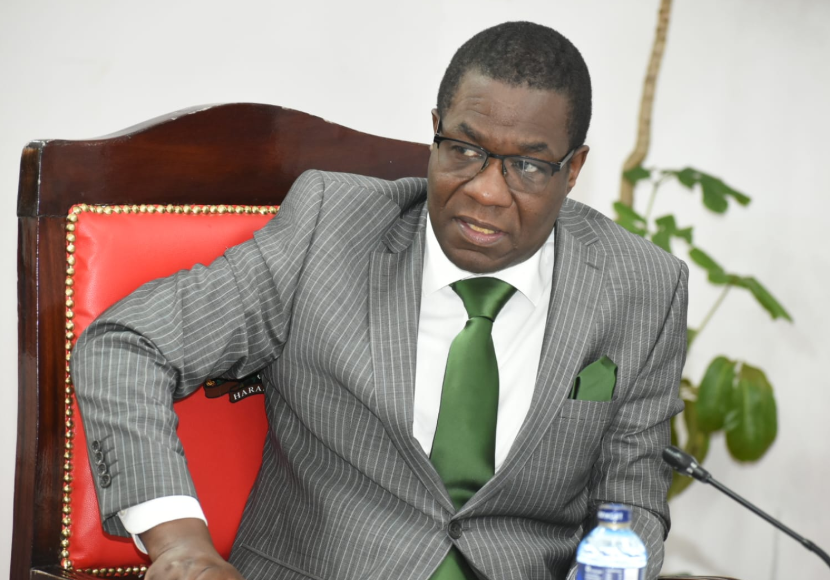Haji says disinformation threatens security and the democratic gains
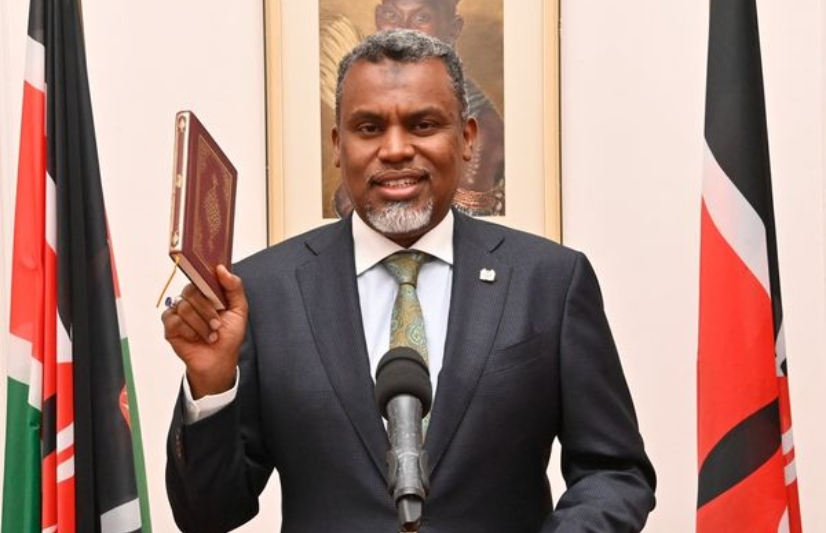
A National Intelligence Service (NIS) Director General Noordin Haji has sounded an alarm over disinformation and misinformation, warning it poses a serious challenge to national security and democracy.
Speaking at a symposium organised by the National Intelligence Research University (NIRU), Haji emphasised the need for robust strategies to combat the spread of false information, particularly in the digital space.
Haji cautioned that national security must be safeguarded in a way that does not infringe on fundamental freedoms.
“I am not saying that national security trumps on our democratic rights. We must find a balance between the two,” he said
He urged African countries to enforce robust legal frameworks to protect people against disinformation.
“Most of the technology we use in Africa is controlled by entities outside our continent. Over time, we have seen a rise in disinformation campaigns targeting Africa,” he noted.
Deputy Director General Agnes Shikuku said there is need to curb misinformation and disinformation .
“In an era where digital platforms have become the primary source of information, the rapid spread of false narratives pose a challenge to governance and public order,” Shikuku stated
Vice Chancellor NIRU James Kibon said that misleading content is deliberately spread which may cause public harm .
Haji expressed concerns over the role of Artificial Intelligence (AI) and social media in accelerating the spread of false narratives.
“The rise of digital platforms and AI has supercharged the speed, scale, and precision of disinformation tactics. We have seen this not only in Kenya but across Africa,” Haji said.
Haji also noted the challenges of regulating online content, particularly when dealing with international tech giants like Twitter (now X) and Facebook.
“When we seek evidence to prosecute cases of misinformation or defamation, we often face hurdles because these companies are headquartered abroad. It can take months to obtain critical information, and sometimes our requests are not prioritized because we are an African country,” he lamented.
Haji called for urgent reforms in Kenya›s legal framework to address the complexities of cybercrime prosecution. He stated that we need to realign our laws to reflect the realities of the digital age.






